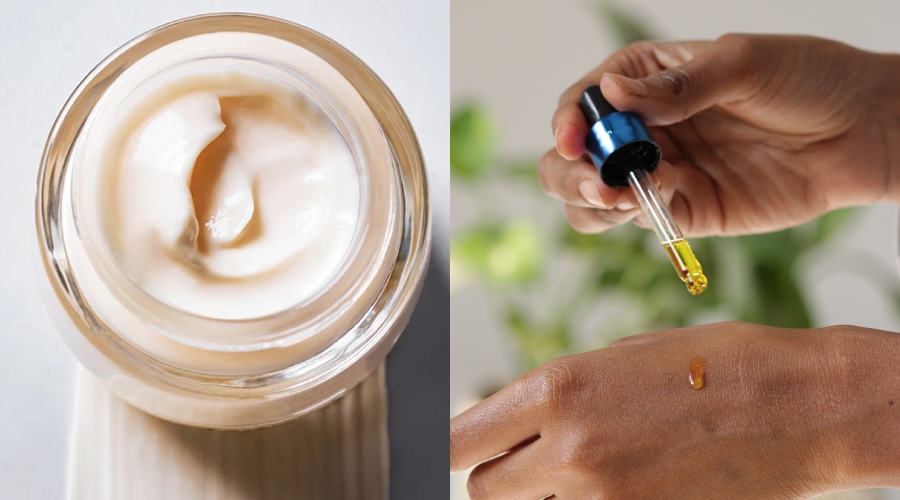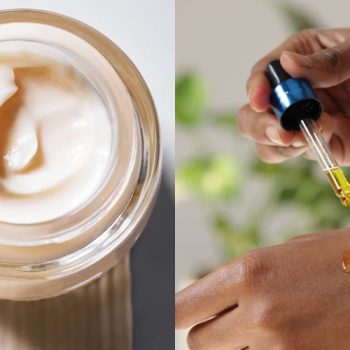Sex is supposed to be pleasurable. It’s supposed to release feel-good chemicals like dopamine, oxytocin and endorphins. Yet, an alarming number of women continue to report that sex is far from pleasurable, its painful. If you happen to be someone who derives pleasure from the infliction of pain, a masochist—then there are no qualms. However, if penetrative sex causes you discomfort which doesn’t let you enjoy sex like you’re supposed to, then it’s definitely a cause for concern.
A study published by The International Journal of Obstetrics and Gynaecology revealed that 7.5% of women experienced pain whilst having sex. While the number may seem small, the conversations I’ve had with female friends allowed me to understand that painful sex is a lot more common than we think. Dr Tanaya Narendra, an internationally-trained doctor and gynaecologist-in-training took us through what causes sex to be painful and how exactly this issue can be solved.
Is Sex Supposed To Be Painful?
Experts unanimously agree that sex is supposed to be an act of pleasure, it shouldn’t be causing you pain on any level. If it is, that needs to be reassessed. “Pain experienced during sex is a sign that something is going wrong, there could be multiple causes for it. Just because painful sex is commonly experienced by women, it shouldn’t be accepted as the norm,” explains Dr Tanaya. While minor soreness shouldn’t be a cause for major concern, frequent and chronic pain is. She believes that if this is happening to you frequently, an appointment with the doctor is a must.
Understanding The Causes
View this post on Instagram
A post shared by EVIDENCE BASED WOMEN’S HEALTH PHYSIO’S (@femalephysioco)
The causes of painful sex can range from somatic to psychological, and sometimes can even be blamed on external factors. Most of the time, the main underlying cause that leads to painful sex is the lack of lubrication. “Lack of lubrication can take place due to shifts in your hormonal status. A common sign in early menopause and when levels of estrogen are at a low, less lubrication contributes to excessive friction while engaging in penetrative sex,” elaborates Dr Tanaya. She further explains that in menopause, the pre-existing hormones of your body tend to taper off, causing vaginal dryness and leading to pain.
“When we talk about painful sex, we have to discuss vaginitis as well. This occurs when the vagina is inflamed due to either bacterial or fungal infections on the vagina,” says Dr Tanaya. These infections lead to incessant itching and pain along with continuous discharge. Due to this, penetration is close to impossible since lubrication isn’t taking place and the vagina is already swollen and experiencing pain. According to medical experts, endometriosis is another condition that can lead to agonizing sex. Dr Tanaya adds, “In endometriosis, there are endometrial deposits which are tissues that are similar to the inner lining of the uterus—these start growing in different parts of your body such as your vagina or your rectum, making penetration painful.”
Dealing with pain during sex can also be attributed to a bunch of psychological causes that often include anxiety, stress and trauma caused previously. All of these factors can manifest somatically and lead to painful sex. Dr Tanaya explains, “The medical condition vaginismus which has a psychological component attached to it can also be blamed for painful sex,” She further elaborates that vaginismus causes the vagina to shut, not allowing any penetration to take place and making the entire process painful. Apart from this, anxiety and stress are also factors that cause your body to tense up and not lubricate itself, making penetration painful.
Figuring Out The Solution

Since all of these causes are subjective to each woman and her body, it’s difficult to pinpoint a single one-size-fits-all solution to this. The answer to relieving the pain caused by sex would be specific to the root cause of this pain. In an attempt to simplify things, Dr Tanaya explains, “The way a penis has an external erection, the vagina has an internal one. When aroused, the walls of the vagina open up and lengthen to create space for the penis to enter.” This entire process could be hampered due to medical or psychological conditions.
Dr Tanaya advises that with medical conditions such as endometriosis and infections, it’s best to visit a gynaecologist in order to get a specific medical opinion. With psychological issues that prevent your vagina from being lubricated or cause it to clench, making penetration difficult—it’s advisable to get both medical and psychological opinions.
























